Wearing the Internet like second-hand jeans.
There is a fundamental shift underway, one that is not simply a byproduct of technological advancement, but a transformation of cognition itself.
People blame apps. They blame social media, globalisation, the ways we are required to function now—seeing the world all at once, but never at all. We can feel the same kind of sadness when we see an image posted by someone on another continent, but the feeling is entirely incomparable to what we might have felt standing there, watching it for ourselves.
The presentation of constructed realities—whether intentional or accidental—is not causing us to dissociate or care less about the world. It is causing us to think differently in a way that has no tether to human knowledge or speculation as we’ve previously understood it.
The discourse around attention spans has become ubiquitous: we are more distracted, more anxious, more interrupted. This runs parallel to the rise of mental health awareness, a new kind of self-literacy emerging from both historical and DSM-5-proven frameworks.
The moment you begin to feel the itch—the existential discomfort of living within this cognitive landscape—you are presented with a pitch.
ADHD? OCD? Anxiety? Depression?
Or like ya boi here - rollin’ on and on with the CPTSD. :)
Whatever you’ve ‘maybe’, ‘mostly’, ‘somewhat’, ‘definitely’ got, there’s apparently a name for it, a category, a pre-existing condition for what you thought was uniquely yours.
People argue that casually identifying with these labels is erasure, that claiming symptoms without diagnosis diminishes the suffering of those who have been historically brutalised for them—lobotomies, electroshock therapy, forced institutionalisation. I empathise with this, given how long it took for me to be treated effectively through a myriad of different formats (no, going to talk therapy is not going to be a fix-all for you), but the reality is, these symptoms are no longer anomalies.
They are becoming standard, globally distributed, and impossible to contain. Our reality is, we have made the entire world and all of its symptoms accessible infinitely, all at once.
Historically, psychosomatic illness was a product of proximity.

In tightly enclosed environments—boarding schools, monasteries, war camps, small towns—outbreaks of shared symptoms weren’t just common; they were expected. Mass psychogenic illness has been well documented for centuries, from the dancing plagues of medieval Europe to cases of collective fainting in classrooms.
The conditions were always real. Not in the sense of measurable pathology, but in the undeniable truth of bodily experience. The brain, exposed to the distress of those around it, does not simply observe—it participates. It embodies. It responds. This is what makes psychosomatic illness so powerful: the mind does not distinguish between what is happening to the self and what is happening to the collective. It adapts accordingly.
You know what’s kind of a funny test somewhat related to how weird thinking is? Think about eating something, in your mind, something delicious, don’t say it aloud.
You will begin to salivate.
Yawning too is under this phenomenon. Widely debated, but there’s a lot of strong feelings that it is strongly linked to the fact that when we see someone yawn, there is the threat that there is not enough oxygen to sustain our bodily needs, and so we yawn as well, to capture as much air as the other indicated we would need.
This is where my brain locks into House M.D.—that episode where he’s on a plane, and suddenly, everyone is vomiting, someone has a heart attack, and the whole cabin descends into physiological panic. The mass psychogenic reaction ripples through the environment, fueled by the inescapability of the setting. It’s not just fear spreading—it’s the body reacting to the perception of fear as if it were fact.
I can’t remember what happens in the end—someone probably suggests it’s lupus, and it turns out it’s not.
A funnier example is sympathetic pregnancy. This feels like something Friends or Seinfeld would have had a field day with—a man experiencing "a woman's condition." Bless, those were the simple days (fucking not, Tumblr ruined my life, I miss it so much, rawr xo)

Feels hey bro, feels.
Anyway, sympathetic pregnancy is where men, physically or emotionally close to pregnant women, begin experiencing nausea, weight gain, and even contractions. This is not a biological fluke. It’s a product of the same cognitive architecture that causes mass hysteria and psychosomatic illness.
Humans do not merely witness distress—we absorb it. We mimic it. We take on the conditions of those in our proximity, not just emotionally but physically.
This, I think, is the most important thing to remember as you read the rest of this piece: The human condition is not one that is naturally dissociative. It is not one that is desensitised without consequence. If distress is contagious, then it is contagious for a reason. It means we are still human. It means we are still wired to feel. It also means that, on a fundamental level, the sickness of the world is not something happening to other people—it is something we are all, inevitably, participating in.
Anyway. Cult leader diatribe over. Back to the meat.
We live in a world now where localisation is no longer a thing. The digital realm has erased the constraints of proximity. Where you are physically no longer dictates who you interact with. Proximity is infinite.
The people we are closest to are no longer just those in our immediate physical space. They exist in our pockets, our feeds, our MMORPGs, our group chats, our algorithmically optimised echo chambers. We even split these, having one group for meme sharing, problematic or edge lord content is separated from those who want to see chihuahuas wearing ballet skirts (both me). This is intimacy now—both chosen (private conversations, closed circles) and involuntary (public feeds, parasocial relationships, the sheer density felt around existing in a digital commons, without the realities of physics to understand it from).
Because we are exposed to the endless "others"—in whatever form we choose to view them—the conditions of mental and physical health are no longer distributed according to geography. They are distributed according to engagement.
According to discourse.
According to visibility.
We have clocked this, fairly. But it is not encapsulated by the term "mental health." There is no baseline for a "healthy mind" when one exists between both the physical and digital terms of reality. The two realms are in turbulence, their contradictions constant. The only true commonality is that we are all experiencing their coagulation in real-time.
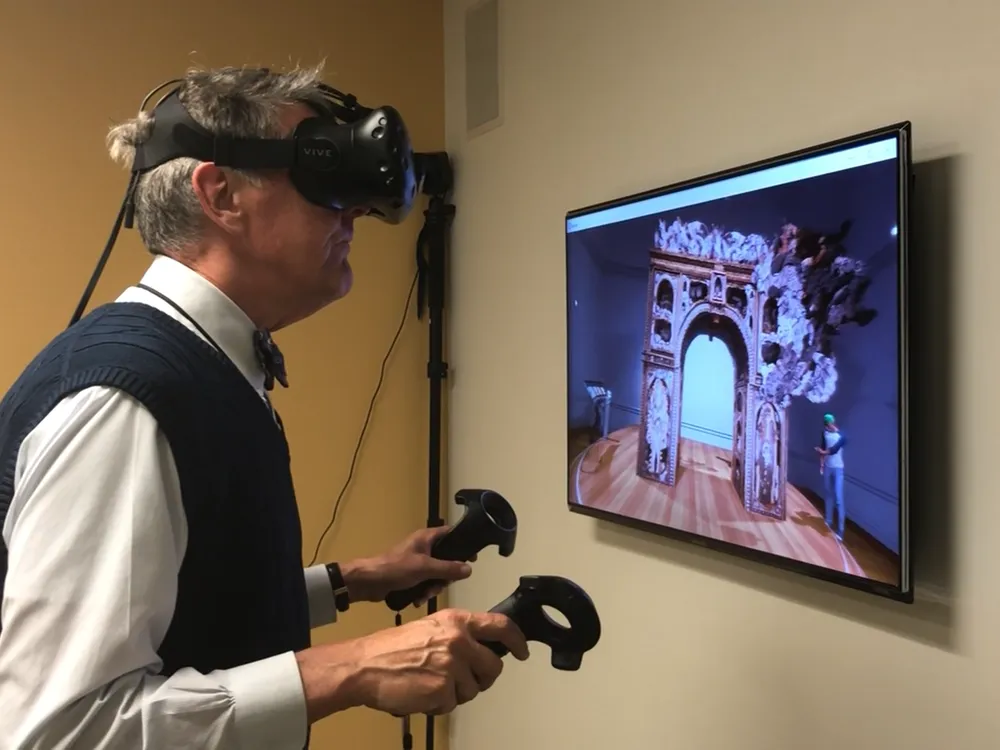
Go OFF Professor Grandpa.
It is no coincidence that the rise of mental health awareness coincided with the explosion of social media. It is not just that people now feel safer to name their conditions—it is that the conditions themselves have become uncontainable. What was once private, internalised, and individualised is now endlessly reflected back. You cannot go anywhere, digitally or physically, without encountering someone else’s framework for their own experience, their own condition.
How can you question reactivity in an environment that invalidates as frequently as it validates due to its endless nature? There is no safety in confusion or instability, the brain requires a tether to start to heal.
To orient ourselves, we try and locate the feelings that we can recognise, we can name, ask the internet for a diagnosis for our symptoms we have chosen most important or related. You put "mental health" at the end of the search term, and you get millions upon millions of results, tailored not to universal truth, but to you. Your prior searches, your interactions, your interests, your algorithmic profile—all of it shaping what kind of condition you are allowed to recognise in yourself.
And this is where it gets messy (lol, beyond this clusterfuck? I know, right).
Algorithmic intent is not neutral. Your similarities, your pain, your self-diagnoses, are filtered through the data of everyone else doing precisely the same thing. The internet does not just reflect your symptoms back to you—it clusters them, arranges them, optimises them for engagement. Someone’s bloated belly in sympathetic pregnancy, is your varicose veins suddenly webbing across your thighs.
This perspective I’m exploring is explicitly distress, and this is how we see it in each other now as we try to name our own. In this world, we see each other’s distresses as clearly as our own.
We watch each other naming ourselves in real time. You might be posting as if spitting out content is somehow helping you convert oxygen to carbon dioxide, yawning at light-speed, but the reality is, when you search yourself—your digital footprint, your mind as processed by the machine—you will be given millions more that the algorithm has determined to be just like you.
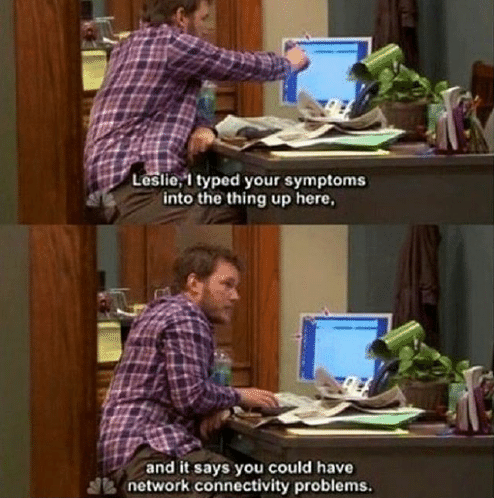
In digital spaces, there is no natural boundary that separates one person’s distress from another’s. Where in real life you can distinguish between a person who has broken their right leg and one who has broken their left leg - the internet treats them as the same, the opposite, and through all of the interpretations of every broken leg ever digitally catalogued and expressed.
If psychosomatic illness once relied on shared air, shared space, shared physical experience, now it relies only on shared cognition. And cognition is now a public, borderless, unregulated space.
This is not to say that mental illness is not real. I am well and truly fucked if it isn’t - I have a lot of explaining to do for the past 20 years of my life.
I think if anything, it is more real than ever—because it is now structurally unavoidable. The more mental health discourse proliferates, the more embedded it becomes in identity, the more impossible it is to escape. There is no longer a neutral state of being.
Either one aligns themselves with a label, a diagnosis, a framework for their suffering, or they are seen as denying reality, as lacking self-awareness, as being blind to the structures that shape their distress. The body itself has become an interface, not just a thing one inhabits but a thing one must define, explain, justify.
It is not enough to feel anxious, to feel depressed, to feel exhausted—one must name it, claim it, categorise it. One must participate in the language of visibility, because to opt out is to be illegible, and to be illegible is to disappear.
But this is precisely why the reaction to these conditions is so fraught. The conditions themselves—ADHD, autism, depression, anxiety, trauma disorders—have historically been treated with hostility, with skepticism, with violence. To be mentally ill, historically, was to be incarcerated, to be excluded, to be dismissed as non-functional, non-human.
Sidebar: Okay so now I have to include this picture that internet doctor Brad Troemel posted because it encapsulates how disorienting the internets interpretation of mental health has seeped into peoples minds.
Like, what is going on here?
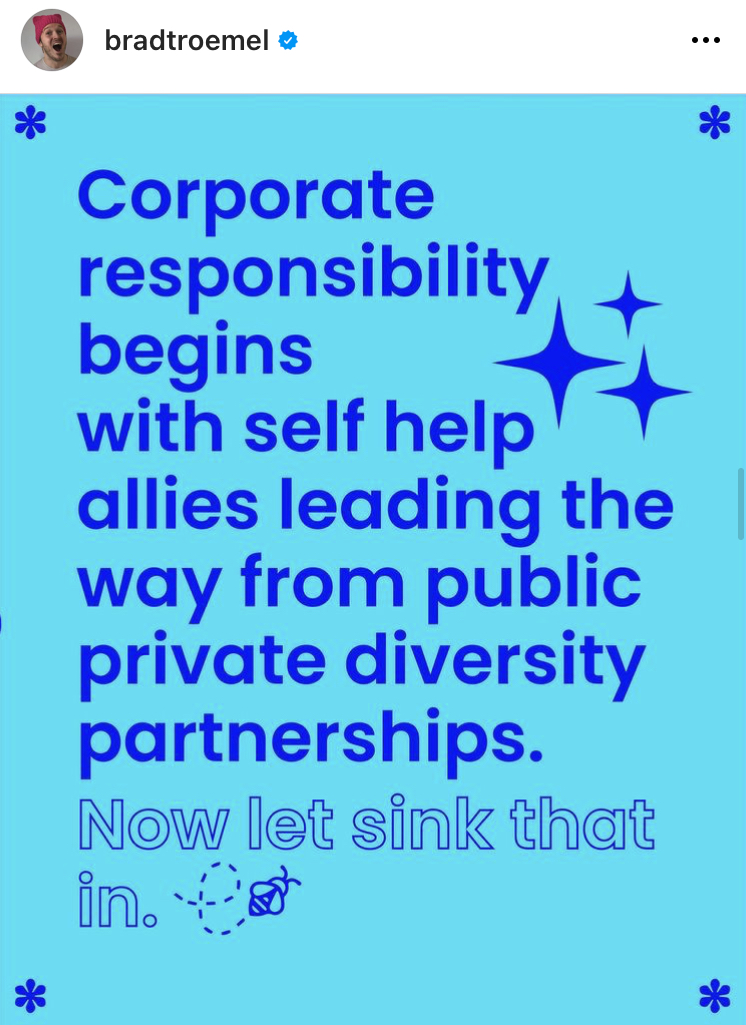
Okay, we are back.
This is why people do not simply reject the rise of these diagnoses but demonise them. Because if these conditions are real, and if they are widespread, then that means the systems that once justified their eradication—the asylums, the lobotomies, the dismissals of "hysteria"—were not just cruel, but completely, irredeemably wrong.
And many people cannot handle the weight of that realisation, because in some way, they have perpetuated this harm - through denial, through avoidance, through punishment or fear.
Even portrayal in entertainment formats becomes complicated this way, borderline personality disorder is now not part of a plot, or a fleshing out of character, it is as expected as the eyes, the ears, the forehead, of any other human you choose to portray on the screen.
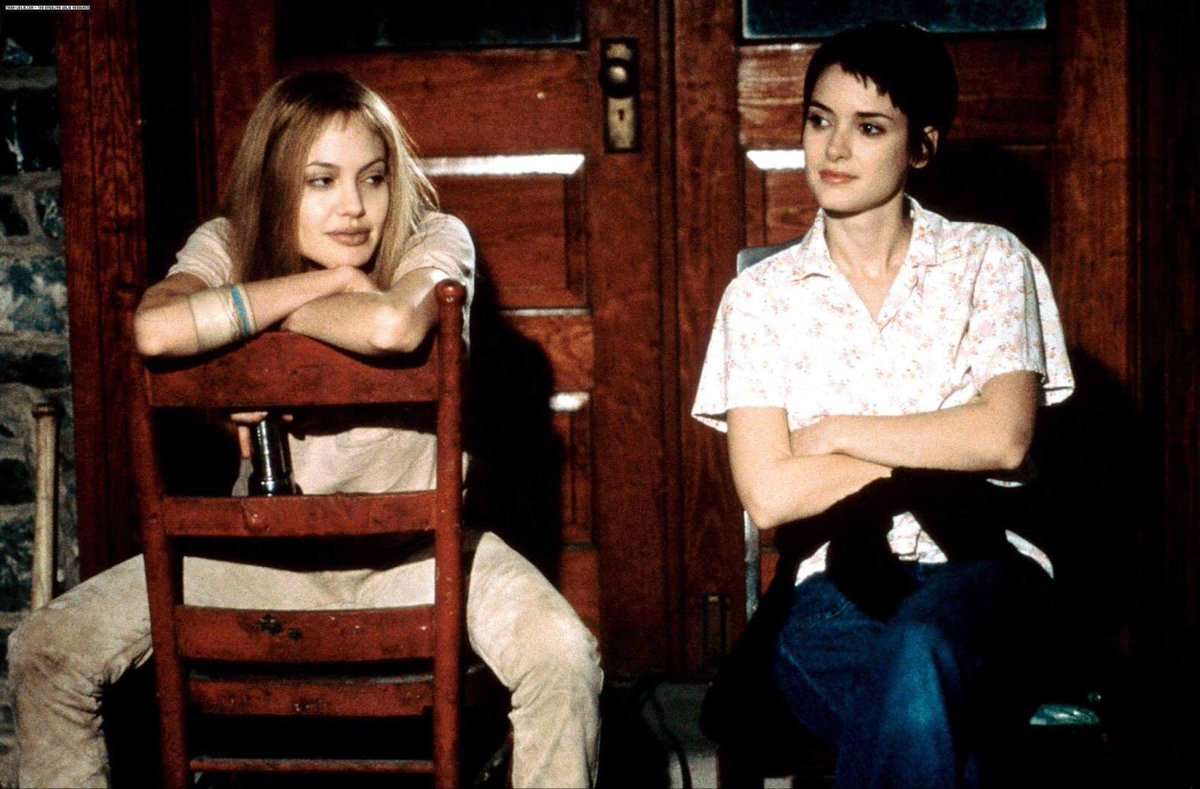
The “it me” trend of social media circa, well, whenever the hell that was, comes to mind.
All this makes me think about, is that I can see intimately why Gen Z and Alpha are splintering. I work with so so many young people in hospitality, a transient, fluid, accessible space, rife with chaos and full of people who are cognitively spicy as it is. It can be a serious balm, or another layer of disorientation, but because I have computer brain, I spend a lot of time and make a lot of friends with people who are ten, even fifteen years younger than me. (I’m 33, for context).
What’s clear, is that the generational split isn’t just about aesthetics or online habits—it’s about cognition itself fracturing into two irreconcilable modes. There are those who adapt, learning to think in the way the digital system demands: hyper-fast, pattern-seeking, self-curating, always processing.
And then there are those who reject it entirely—who find digital cognition unbearable and retreat into the physical, into books, or simply choose to stop participating. Some opt out of social media altogether, erasing themselves from a world that now treats visibility as survival. I’ve worked through these choices in real time with people, because in the liminal space of the restaurant, amidst chaos and a sense of cognition that mirrors digital spaces, the questions inevitably rise like dough from starters and kneading:
“Should I just turn off my phone?”
“I feel like I should just go out into the forest.”
“Hey, can I talk to you? I need to feel normal.”
The fact that there’s even the inkling, let alone the pervasiveness of this kind of decision entering the minds of people who haven’t even decided if they like eating vegetables yet and say “go off queen” to customers that are teetering on the edge of life expectancy statistics and cannot comprehend this sentence structure, is unbelievably terrifying yet mesmerising to me. It mimics my own journey with trauma, with questioning my existence, looking for pathways of relief that never felt like recovery or healing, but instead, just “soothing” or a temporary, hopeful relief.
I encourage them to not think in binaries, because that’s what is actually making them feel so shit to begin with. The pressure of picking a reality? What the hell kind of expectation is that for a world they were placed in due to the demands of dualistic thoughts of “progress” and “success”? I say, no, find safety in the realms of digital spaces that affirm you, that give you breathing room from the demands and turbulence of the physical interrupting them. Usually what happens is we play an RPG or DnD for hours and then have some absolutely unhinged conversation about if a cat is more like a cappuccino that somehow becomes a deconstruction of surrealistic intent over the course of history.
No one is backwards, forwards, wrong or right, we are all suffering under the weight of change and how it’s interpreted is as diverse as we are as individuals.
To deny the reality of someone’s lived experience, all they know, then what remains for them?

The physical realm is unravelling in hyper-speed, its infrastructures collapsing, its futures uncertain. If they refuse to engage with digital reality, they have no tools left to shape it. And if they can’t shape it, what future do they have? It makes sense, then, that kids growing up in this turbulence fixate on the climate crisis. If they’re condemned to the physical world, denied the digital one, how could they think about anything else? The physical now carries all the weight of their existential fears.
How can you possibly imagine the feeling, of your elders around you (millennials, older Gen Z, X’ers) who are saying what a crime it is these days to have children, to watch on the news the realities of the birth rates in decline, to see people with children face the miasma of content that all aims to dictate how they should be raised in this chaotic clash of landscapes? How can you imagine what it feels to be living, breathing, the child in question, debated endlessly by the people who hold power over you in the physical realm you do not understand intuitively, or fully occupy?
The terrifying possibility is that those who remain—the ones who will build the future—are the ones who never questioned the system. The ones who don’t find digital cognition disorienting, who thrive on algorithmic survival, who submit to the rewiring without protest.
That means the next world may be constructed by those least capable of imagining anything else. We are seeing this instability give power to those who actually do not want decentralised, fluid thought of the digital realm to succeed, despite the confusion of the mask that is worn by its heavy-lifters - mid-life crisis tech-bros who are now reading the Iliad and talking more and more like your drunk uncle at a reunion you did not want to go to.
What freaks me out still, is the more that I think about the desperation to disconnect, the pressure to occupy one reality over another, is this so-called Gen Z Luddite movement is actually not rebellion as it’s framed, and more like a form of digital suicide—an ontological withdrawal, rather than a fight. If surviving online means staying visible, then disappearing altogether is the closest thing to an escape.
It mirrors the same language and patterns and flow that I went through, considering the familiar suicide we know - just because we haven’t validated one reality in its entirety yet due to its shifting, unknowable state and our connection to the one that’s always been, does not mean the symmetry of the concept in both spaces, can be ignored.
Whether this is a crisis or just a turbulent transition remains unclear. Is this the edge of what human cognition can handle, or a moment before a new cognitive model emerges? I like to think that it’s the latter, and the kids are going to absolutely crush it when we realise that digital literacy is the way forward, unfamiliar, but forward.
Though it feels like an existential fork in the road—one that forces Gen Z and Alpha to choose: adapt to a system that seems to swallow all depth, or disappear from it, to risk being left behind in a material world that might be falling apart even faster than we feared - I know in my bones, the kids are gonna be alright.
We are moving as fast as the internet, and we will inevitably hit something that feels right.
The rise in mental health awareness is not just about recognition.
It is about reckoning. And reckoning is always violent. The backlash is inevitable because to accept that people were once tortured for conditions that are now seen as common, even normative, is to accept a deep, systemic failure.
It is easier, then, to assume the worst—that people are faking, that this is a moral panic, that this is attention-seeking behavior—because the alternative is unthinkable. The alternative is that people have been suffering all along, and that suffering was ignored, dismissed, institutionalised, pathologised into submission.
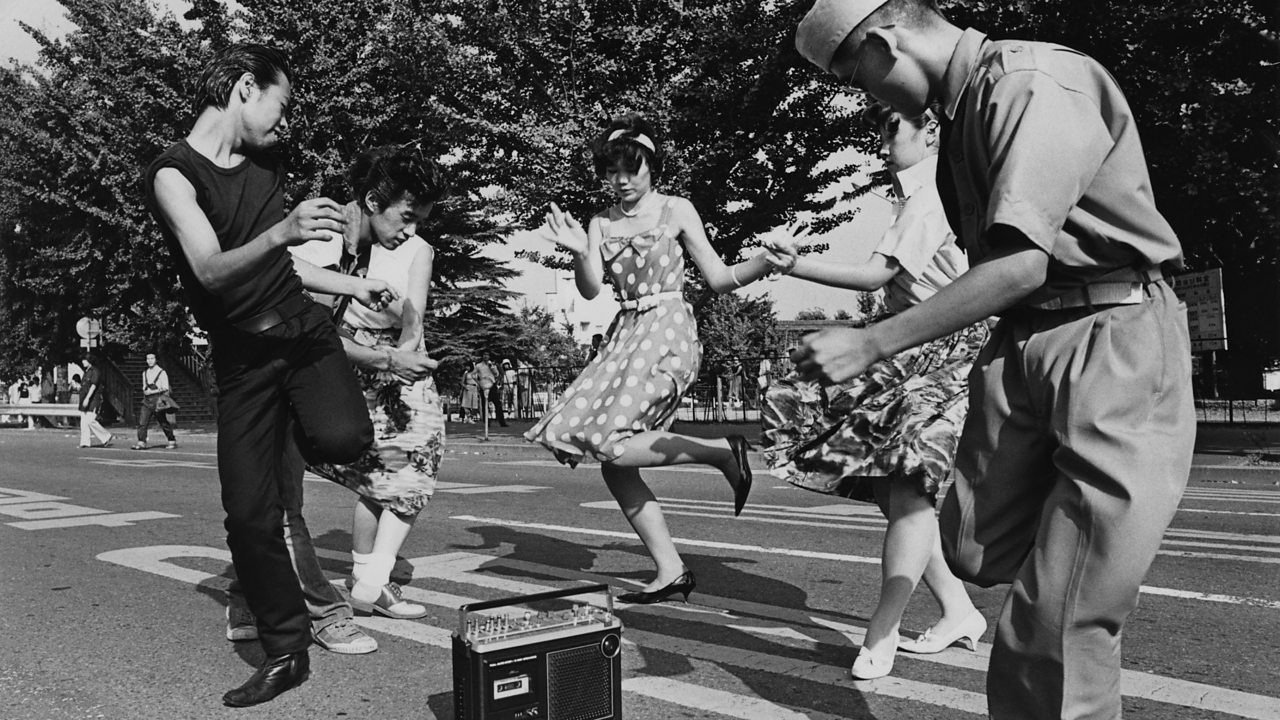
But the reality is even stranger than that. Because the internet did not just increase awareness—it made the psychosomatic infinite. If the mind can take on the conditions of those it is in proximity to, and if proximity is now digital, then it follows that no condition is contained to the self.
Mental states are now subject to the same mechanisms as virality. The same way a meme spreads, a diagnosis spreads. The same way a trend emerges, a disorder emerges. Not because it is fake, but because it is cognitively available.
And cognitive availability is the single greatest determinant of how the brain interprets its own experience. It is currency. It is one of the few determinants that we can give that we are human.
I am unsurprised everyone is dooming about AI, because once that becomes indiscernible from our own thoughts, our ownership of our cognition is up for grabs.
If we can type our symptoms into an AI, and spit out an infinity of interpretations, just as we could ask a forum the same thing and get another entirely separate infinity, how do we relate to the physical state if it’s interpretation is not static, like it’s form?
Through this, we are forced to reckon with what else is left in a world where the physical realities have a timestamp, an inevitability of decay.
These are moving faster than we thought the world would melt or burn, this fatalistically framed war we raged against the physical realm in pursuit of its dominance, is actually not the thing that is causing us the most disruption. It is our access to one another, all at once, in a way we cannot recognise as anything that has mass, feeling, impact.
I understand the confusion, but I really don’t think this is the end, I read Lovelock’s Novacene ten years ago (I can’t explain how impactful and restorative this book can be for people who are panicking about the state of the world, it will truly instil a sense of clarity in your soul) and I feel like it is the security blanket that keeps my brain ticking over these things, knowing that cognition is sacred and despite its commodification, its control, its current shape-shifting with our own evolution - it’s still there, still working, the fact it’s different, is just something to learn, and the small victories are immense, because they have never occurred before.
Please read this, it is one of the best things I’ve read in my life. Better than the Wind in the Willows or Graeme Base’s ‘Animalia’.
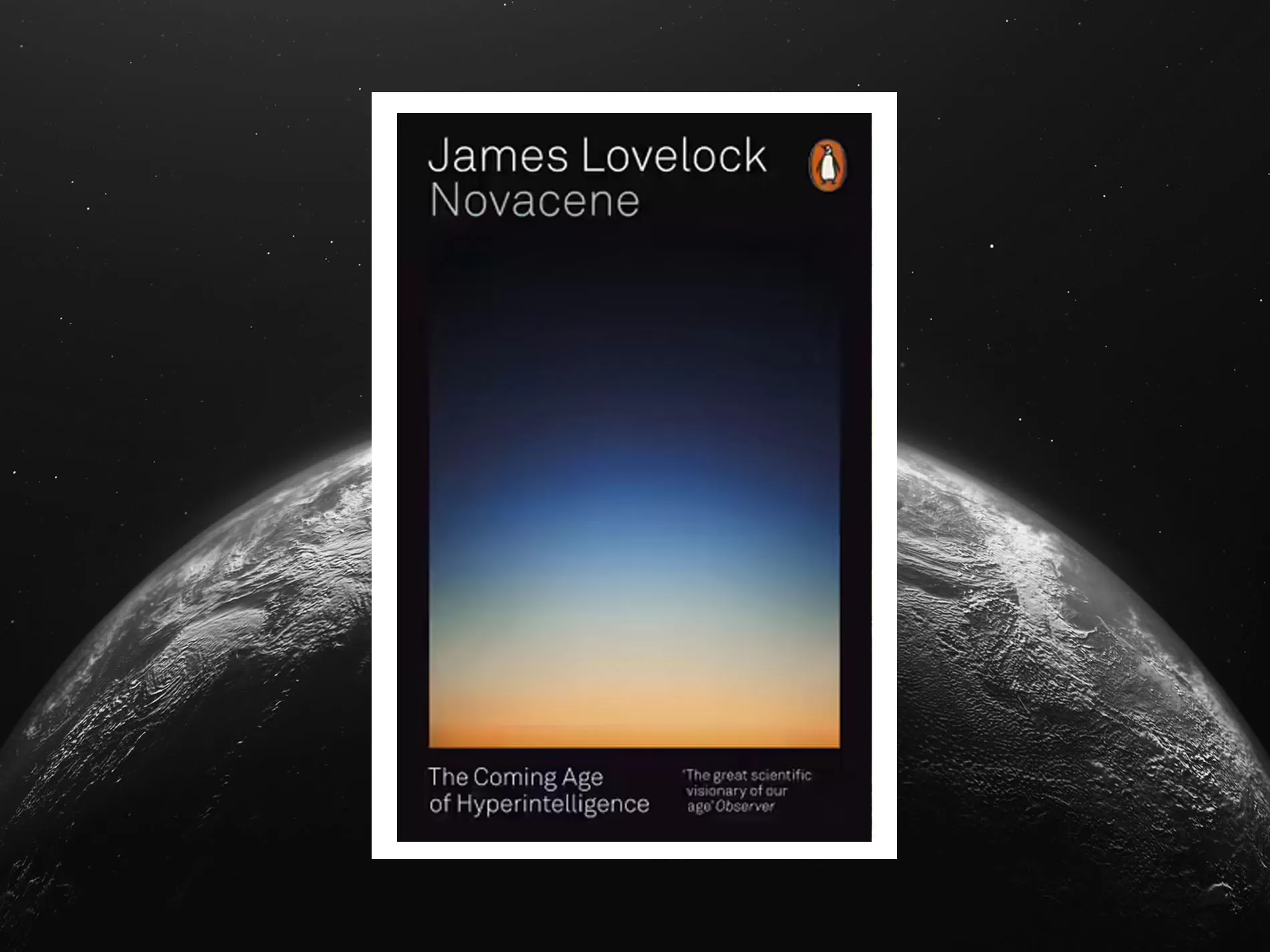
It’s actually funny the ouroboros of it all, and I can’t help but have the feeling that knowing the self-orientation and the survival mechanisms in all living things, that there’s going to be an evolution to move through it, however like all things, not everything, or everyone, will come with us.
There is a steadying in the twitch of recognition of the ouroboros—not as a cycle of boom and bust, or evolution’s merciless selection, but as something more fundamental. The snake eats itself, not to end, but because that is what it does. It is framed as catastrophe, but it is simply the movement of a system that continues, even in the act of consuming itself.
Consumption is not just a consequence of a capitalism-drenched world—it is inevitable. And though it may feel like your mind is drowning, stretching thin across the intrusion of the digital, blurred and reshaped by its constant presence, the reality is that eventually, it steadies. It becomes the new normal. And when the mind steadies, it finds its baseline, its sense of health. It understands. It seeks.
And from there, we continue.
See you there xo